Keywords: Catholic Social Services Australia
There are more than 24 results, only the first 24 are displayed here.
Become a subscriber for more search results.
-
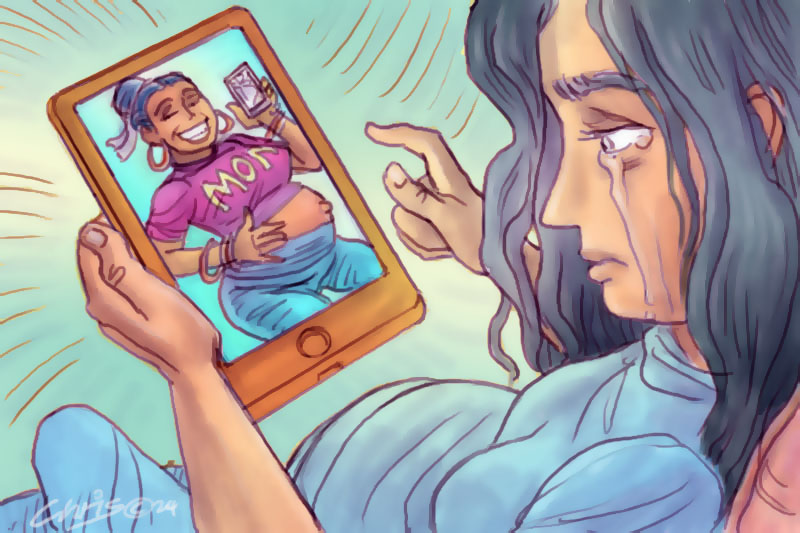
AUSTRALIA
- Rachel Dryer
- 01 November 2024
1 Comment
New research reveals a troubling link between heavy social media use and psychological distress during pregnancy, raising concerns about social media's impact on maternal mental health and urging a reassessment of societal pressures on expectant mothers.
READ MORE
-
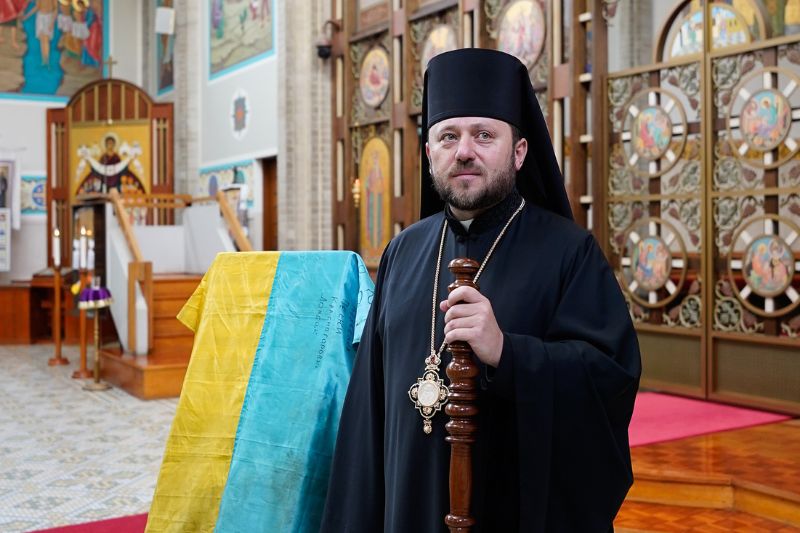
RELIGION
- Andrew Hamilton
- 14 October 2024
25 Comments
The recent appointment of Mikola Bychok as Cardinal caught many Australians off guard. Few are familiar with the Ukrainian Catholic Bishop from Melbourne, and his elevation challenges conventional notions of national identity, prompting reflection on who we consider 'one of us' and highlighting the Ukrainian community in Australia.
READ MORE
-
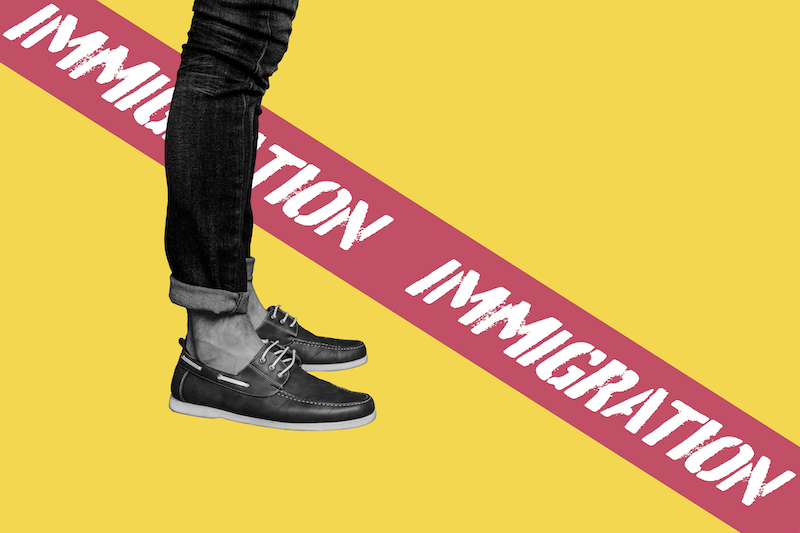
FAITH DOING JUSTICE
- Andrew Hamilton
- 23 September 2024
1 Comment
In prosperous times many people in developed nations are sympathetic to refugees and migrants and welcome them into their own societies. In hard times, however, xenophobia spreads.
READ MORE
-
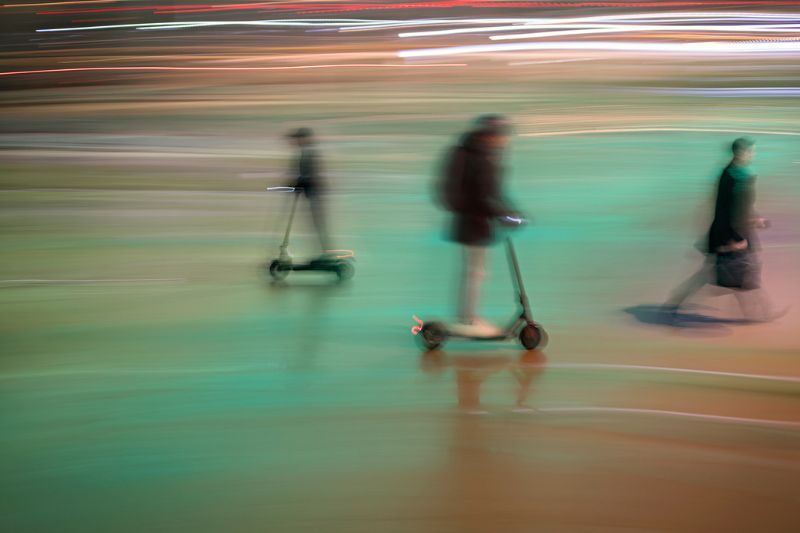
AUSTRALIA
- Andrew Hamilton
- 05 September 2024
1 Comment
Electric scooters have become a flashpoint in Australian cities, pitting residents against local councils. While some embrace scooters as convenient and eco-friendly, others raise valid concerns about safety and regulation. As cities grapple with these issues, the broader question is, how can we effectively balance individual freedoms with community wellbeing?
READ MORE
-
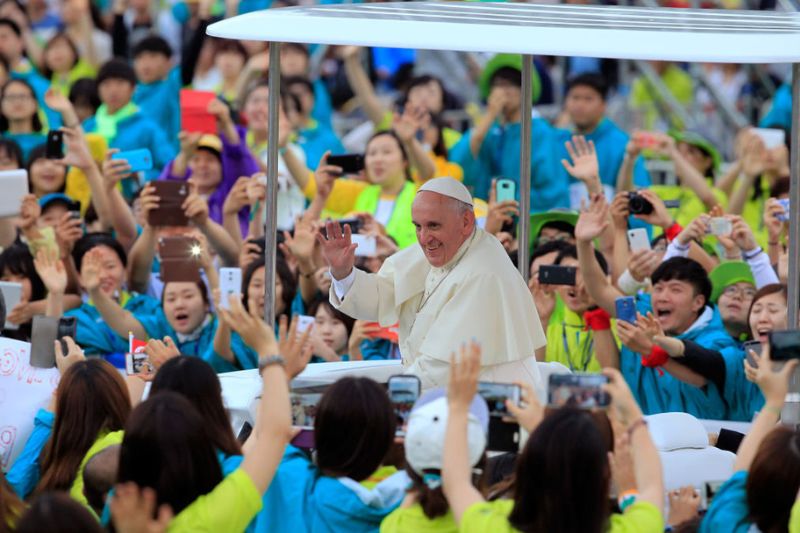
RELIGION
- Andrew Hamilton
- 28 August 2024
5 Comments
As Pope Francis embarks on a demanding tour, skipping Australia to visit smaller marginalised Catholic communities in Indonesia, Timor Leste, Papua New Guinea, he is demonstrating the priority of the Church in reaching out to those on the margins.
READ MORE
-
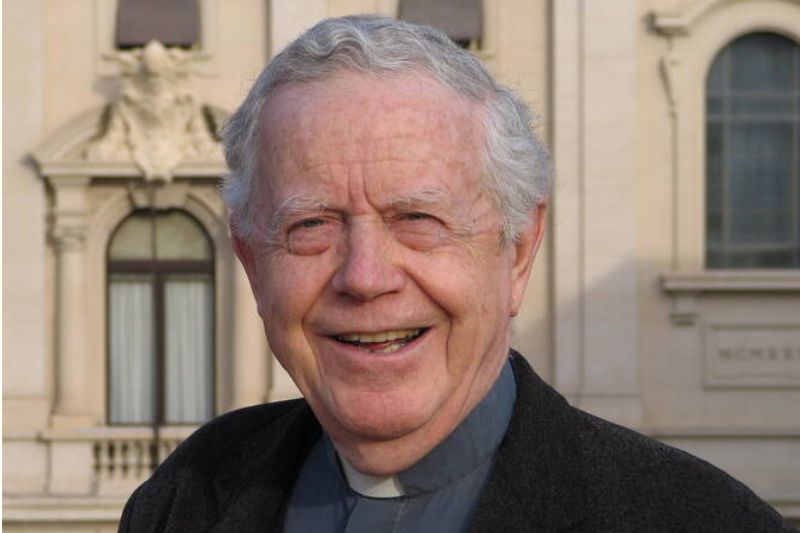
RELIGION
- Julian Butler
- 26 August 2024
3 Comments
Gerry had a wonderful way of making people feel welcome. He wanted to see people at their best and his company allowed others to be so. Gerry’s life was peopled by some of the most significant figures in the global Church, and in political and cultural society more broadly, but he wore those connections lightly.
READ MORE
-
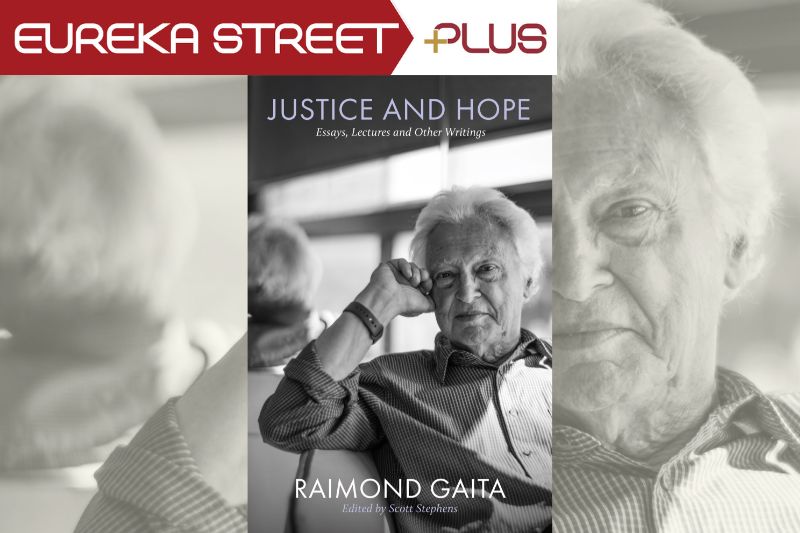
ARTS AND CULTURE
- Andrew Hamilton
- 07 June 2024
1 Comment
Raimond Gaita insists that there is something precious in each human being. He does not rest this conviction on a particular religious or philosophical grounding. It flows, rather, from a rich reading of human possibilities and questioning of the meaning of life.
READ MORE 
-
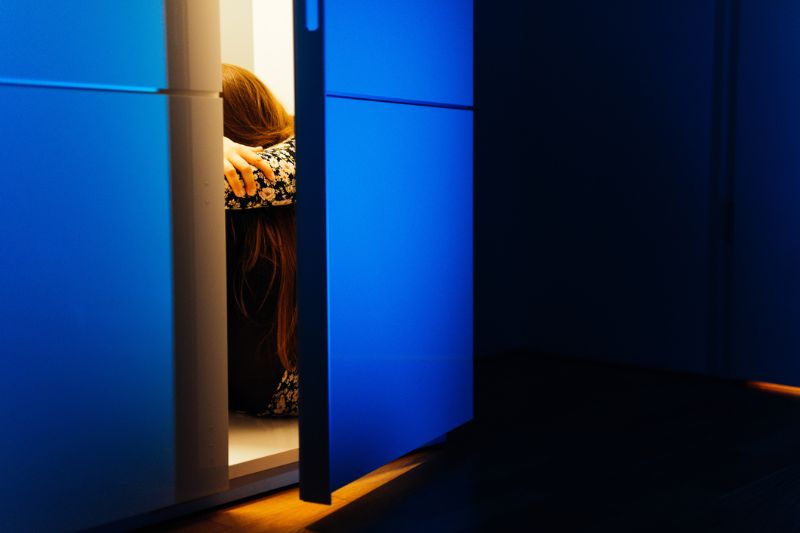
AUSTRALIA
- Ulrike Marwitz
- 20 May 2024
4 Comments
Domestic violence is not a simple or straightforward issue, and we know that not all cases have the same dynamics or the same causes. Rather than applying one size fits all responses, we need to begin with addressing the diverse underlying causes.
READ MORE
-
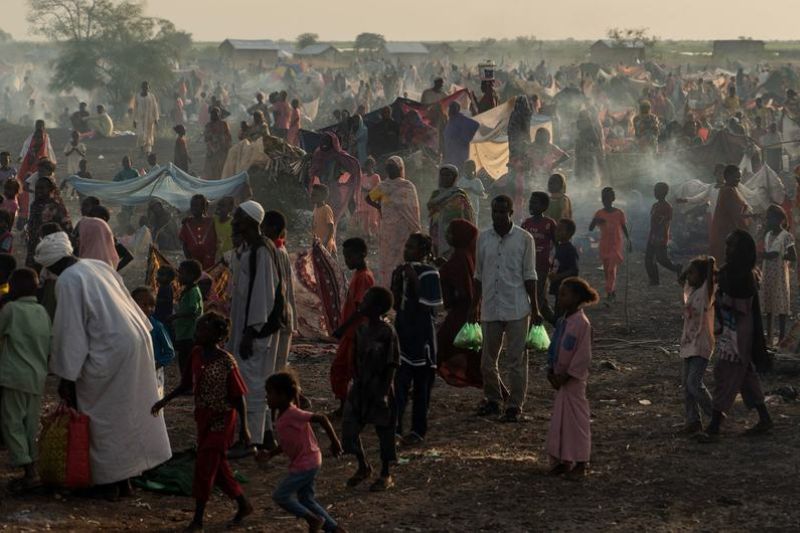
INTERNATIONAL
- Kirsty Robertson
- 30 April 2024
One year after civil war erupted, Sudan has become one of the world’s worst humanitarian tragedies with around 5 million people experiencing emergency levels of hunger. This puts Sudan on the brink of famine. Sudanese leaders claim this is the crisis the world has forgotten.
READ MORE
-

AUSTRALIA
- Julian Butler
- 02 April 2024
There is beauty in returning to places that experience has made so full of memory that they have become layered with meaning. Just as there is in hearing music that you have listened to at different moments of your life, and that is filled with meaning, not just for you, but even moreso for the artist standing before you and in myriad different ways for the audience with you.
READ MORE 
-
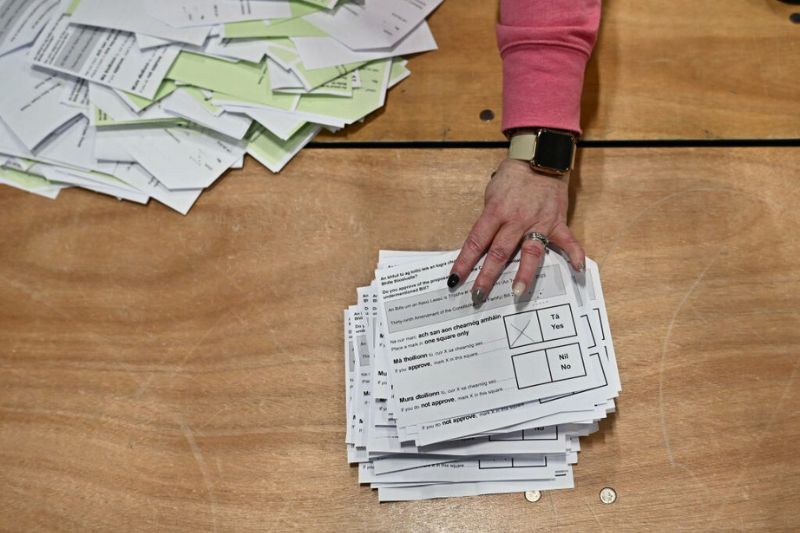
INTERNATIONAL
- Andrew Hamilton
- 21 March 2024
3 Comments
Much like Australia's recent Indigenous Voice Referendum, the recent Irish referendum sought to change constitutional perspectives on family and marriage met with overwhelming defeat. What does this reveal about the relationship between public sentiment and the process of enacting constitutional changes?
READ MORE
-

AUSTRALIA
- Andrew Hamilton
- 19 March 2024
Recognition is not simply an acceptance of facts. It involves also entering the experience of the people affected. Reconciliation must begin with truth telling, flow into empathy, and be followed by a conversation aimed at building decent relationships.
READ MORE